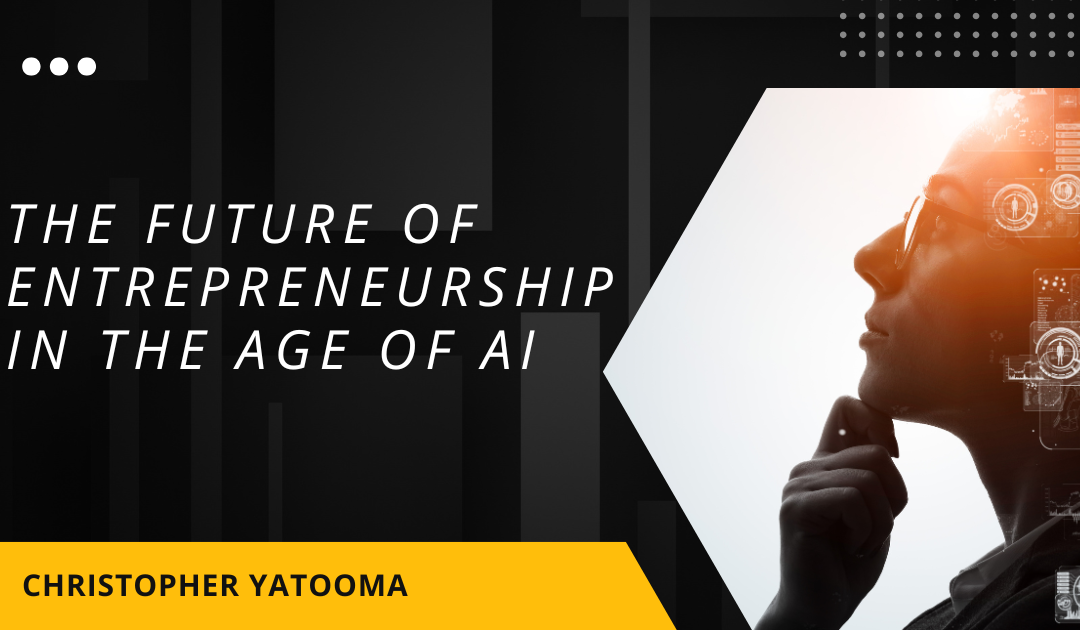Artificial intelligence is not just a buzzword—it’s a transformative force reshaping industries, economies, and the very nature of entrepreneurship. From automating repetitive tasks to offering predictive insights, AI is redefining how businesses operate, innovate, and compete. For today’s entrepreneurs, understanding and leveraging AI is no longer optional—it’s essential.
The integration of AI into entrepreneurship starts with opportunity identification. AI tools can analyze massive datasets in real time, helping founders uncover emerging trends, identify gaps in the market, and understand consumer behavior with unprecedented precision. Entrepreneurs can use these insights to develop more targeted products, refine their business models, and enter markets with greater confidence.
Operational efficiency is another major advantage. AI-driven tools can streamline everything from customer support to inventory management. Chatbots, for example, can handle routine customer queries, freeing up human agents for more complex issues. Machine learning algorithms can forecast demand, reduce waste, and optimize supply chains. These capabilities not only cut costs but also improve the overall customer experience.
Marketing and sales are also evolving rapidly thanks to AI. Predictive analytics, personalization engines, and real-time customer segmentation allow entrepreneurs to craft campaigns that are both timely and relevant. Social media platforms and ad networks now offer AI-driven targeting, making it easier for startups to reach niche audiences without massive budgets.
Despite these advantages, AI also presents new challenges. Entrepreneurs must navigate ethical concerns such as data privacy, algorithmic bias, and the impact of automation on jobs. Building trust with users and maintaining transparency in how AI is used becomes critical. Responsible AI use isn’t just good ethics—it’s good business. Startups that prioritize fairness, explainability, and accountability in their AI tools will likely gain a competitive edge.
The rise of AI also influences team building and company culture. As automation handles more routine tasks, the demand shifts toward roles that require creativity, critical thinking, and emotional intelligence. Entrepreneurs need to recruit and develop talent that can work alongside AI—not compete with it. Encouraging a culture of continuous learning and digital fluency ensures your team can adapt to evolving technologies.
Funding and investment are also being shaped by AI. Investors increasingly use AI-powered tools to evaluate startups, assess risk, and monitor performance. Likewise, entrepreneurs can use AI to fine-tune their pitches, analyze potential investor interests, and even simulate different financial scenarios. This creates a more data-driven and efficient fundraising process on both sides.
One of the most exciting developments is the democratization of AI. No longer limited to tech giants, AI tools are now accessible through no-code or low-code platforms. Entrepreneurs without a technical background can integrate AI capabilities into their products, apps, or workflows with relative ease. This levels the playing field and fosters innovation in unexpected places.
Industries like healthcare, education, logistics, finance, and sustainability are particularly ripe for AI-driven disruption. Startups that combine AI with domain expertise have the potential to solve long-standing problems and create massive value. For example, AI-powered diagnostic tools, personalized learning platforms, and green energy optimization systems are already changing lives and creating new markets.
Looking ahead, the future of entrepreneurship will be defined by the ability to embrace and adapt to AI-driven change. This doesn’t mean every entrepreneur must become a data scientist. Rather, it means developing a mindset that’s open to innovation, curious about emerging tools, and committed to lifelong learning.
AI is not a replacement for human creativity, empathy, or leadership—it’s a powerful partner. Entrepreneurs who harness this partnership thoughtfully will not only build more resilient businesses but also contribute to shaping a future where technology serves humanity in meaningful ways.

